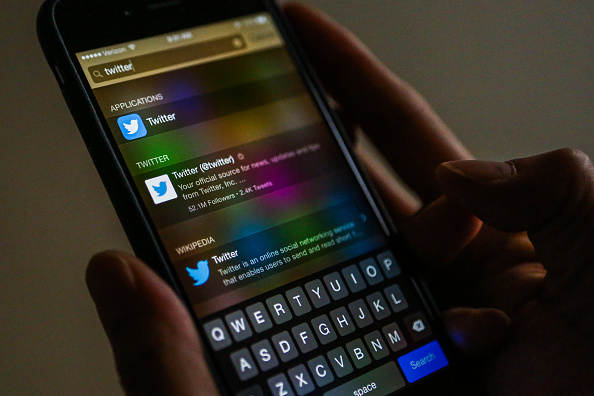
A Twitter-based intervention program can be twice as effective as traditional methods at helping people to quit smoking, a new study shows.
Funded by the National Institutes of Health and conducted by researchers at University of California at Irvine and Stanford University, the study aimed to examine how peer interaction on social media affects people who are trying to quit smoking and avoid relapses.
The findings showed that 40% of people who used the program, called Tweet2Quit, reported sustained cessation over 60 days, compared to 20% of people who used traditional methods.
Read more: The Best Way to Quit Smoking, According to Science
Tweet2Quit establishes small Twitter-based support groups whose participants receive daily automated messages encouraging them to contribute to the online discussion, including, “What will you do when you feel the urge to smoke?”
Researchers said the results confirm that support networks are valuable in aiding quitting efforts, and the study also indicates the potential utility of social media as an effective intervention tool.
“Because of the low cost and high scalability of social media, Tweet2Quit has tremendous potential to deliver low-cost tobacco treatments on a global scale,” said Cornelia Pechmann, professor of marketing at UC, in a press release.
More Must-Reads from TIME
- L.A. Fires Show Reality of 1.5°C of Warming
- Home Losses From L.A. Fires Hasten ‘An Uninsurable Future’
- The Women Refusing to Participate in Trump’s Economy
- Bad Bunny On Heartbreak and New Album
- How to Dress Warmly for Cold Weather
- We’re Lucky to Have Been Alive in the Age of David Lynch
- The Motivational Trick That Makes You Exercise Harder
- Column: No One Won The War in Gaza
Write to Katie Reilly at Katie.Reilly@time.com